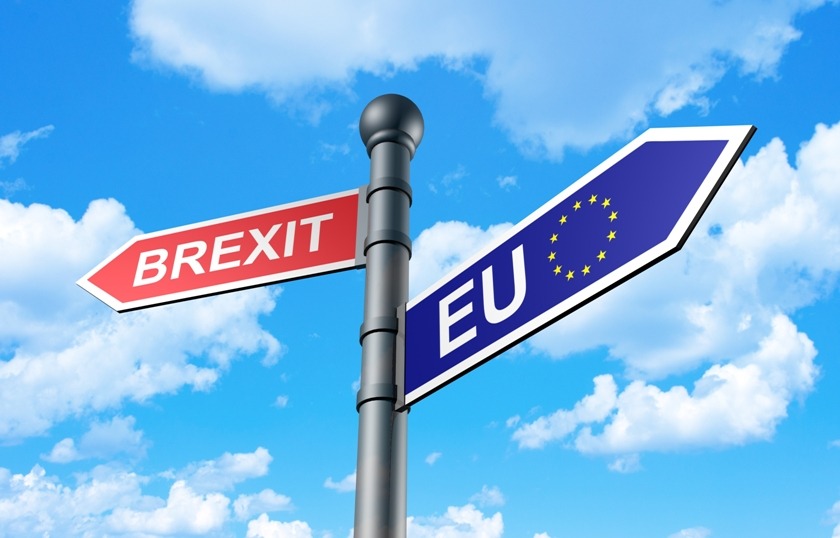Tax Director Angela Keery looks at the newly published protocol.
Whilst most of us have had our attention focused on Covid19, time has been ticking down on the Brexit transition period to 31 December 2020. This week has seen a few key developments, including the Government publishing their “approach to post-Brexit trade deal with the EU”.
The Government has also published their proposals on how the Northern Ireland Protocol will be implemented as part of the Brexit deal and earlier in the week they set out the post-Brexit tariff regime, the UK Global Tariff (UKGT) which will replace the EU’s common External Tariff from 31 December 2020.
The UK Global Tariff will apply to all goods imported into the UK unless: an exception applies, the goods are coming into GB from a country which has a trade agreement with the UK or countries that are part of the Generalized Scheme of Preference.
The UKGT differs in many areas from the EU’s Common External Tariff, with the UK Government advising that they have “taken a common-sense approach” by streamlining and simplifying tariff lines. Importantly for business, 60% of trade will come into the UK tariff free, and if we are able to negotiate successful free trade agreements this will increase.
The Government advise that they are backing UK industry by:
- Maintaining tariffs on agricultural products such as lamb, beef, and poultry.
- Maintaining a 10% tariff on cars.
- Maintaining tariffs for the vast majority of ceramic products.
- Removing tariffs on £30 billion worth of imports entering UK supply chains. 0% tariffs on products used in UK production, including copper alloy tubes (down from 5.2%) and screws and bolts (down from 3.7%).
The Northern Ireland Protocol, as outlined in the withdrawal agreement was designed as a practical solution to avoiding a hard border on the island of Ireland, whilst ensuring the UK, including Northern Ireland could leave the EU as a whole.
The NI Protocol means that for Northern Ireland businesses it is not as simple as adopting the UKGT. Under the NI Protocol, businesses will remain legally in the UK Customs territory but will follow many of the EU Customs rules and regulations, which may place restrictions on GB/NI trade.
The Protocol covers a range of areas, human rights, common travel areas, state aid provisions, Vat and Excise, but the core of the proposal relates to customs and trade, and that is the main area that businesses have been waiting for further clarification on.
We understood that it would likely impact customs checks/ tariffs in the following ways:
- There will be no customs duties, checks or controls on goods moving between the EU and NI, protecting the NI/ROI border.
- Business in NI will have to determine whether they need to apply the UKGT or the EU’s Common External Tariff for goods coming into NI, depending on where the goods are likely to end up. Under the definition of goods at risk of entering the EU, the EU External Common Tariff is likely to apply to the majority of goods entering Northern Ireland.
- Necessary checks and controls may have to take place on goods entering Northern Ireland from the rest of the United Kingdom, including for example, Border Inspection Posts to ensure that the necessary sanitary and phyto-sanitary (“SPS”) controls are carried out.
The Government has now issued their implementation guide to the Protocol. Whilst they have provided some reassurances, the guide is still at a relatively high level with no practical information on how the new systems will operate. The main points are:
- Confirmation that there will be unfettered access for NI producers/ NI goods to the whole of the UK Market (no Customs checks/ tariffs / declarations etc). The advice is that this trade should take place as it is now.
- The UK’s Customs and Regulatory regime will apply to any EU goods exported to GB (including those exported through NI) subject to any preferential terms or Free Trade Agreement.
- NI remains part of the UK Customs Union and can benefit from any UK trade deals
- There will be no tariffs on goods entering NI from GB that will remain in the UK Customs Union ( where goods are at risk of moving to ROI/ EU the EU Common External Tariff will be applied).
- Customs checks will be required on certain Agri-food and live animals coming into NI from GB, we are told these will be kept to a minimum and will involve expanding the existing infrastructure as opposed to creating new infrastructure.
- Some new processes will be required to implement the above.
The NI Protocol is due to come into effect at the end of the transition period ( 01 January 2021), and there are a lot of details / practicalities still to be worked out and it remains to be seen whether the measures that the UK Government has outlined will be sufficient to satisfy all of the EU’s requirements re protecting their single market.
We would encourage businesses to engage in discussion around the practical issues the Protocol raises for their business, and make sure their concerns are heard by Government at an early stage.

